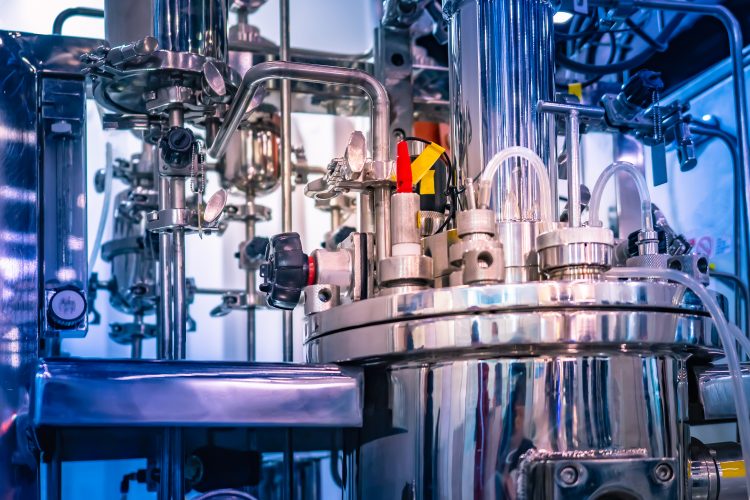Microbial contract biomanufacturing market to be worth $9.3 billion by 2030
Posted: 17 November 2020 | Hannah Balfour (European Pharmaceutical Review) | No comments yet
A new analysis suggests that Europe and North America will capture more than 80 percent of the $9.3 billion market by 2030.


The Roots analysis stated that despite mammalian cell cultures being the preferred biomanufacturing approach for biologics, advances in the microbial manufacturing space – especially in microbial fermentation – has enabled the development of versatile, robust and cost-effective biomanufacturing systems. It adds that the number of service providers offering end-to-end solutions for microbial biologics and “obvious advantages of outsourcing” means drug developers are likely to continue relying on contract service providers, driving growth in the microbial contract biomanufacturing market.
According the report, more than 115 contract manufacturing organisations (CMOs) claim to offer manufacturing services for microbial biologics. Over half of those listed in the analysis have the necessary capabilities to manufacture biologics across all scales of operation (preclinical, clinical and commercial), with the majority (70 percent) using bacterial expression systems.
The report also indicates that Europe is a key manufacturing location for microbial biologics, as 43 percent of the more than 150 manufacturing facilities with microbial fermentation capabilities worldwide are there. North America has the next largest number with 31 percent of the facilities. As a result, these two locations are expected to capture over 80 percent of the market share by 2030. Overall, the market is expected to achieve a compound annual growth rate of 8.7 percent, but the markets in the Middle East and North Africa, as well as the Asia Pacific region are anticipated to grow at a relatively faster rate (10.3 and nine percent, respectively).
The analysis suggests that 30 percent of the expansion projects undertaken since 2016 have been focused on establishing new facilities and 28 percent have expanded existing facilities. According to the report, 50 percent of the total initiatives were undertaken by European stakeholders and 60 percent by big pharma. Almost half of the expansions were focused on recombinant proteins.









